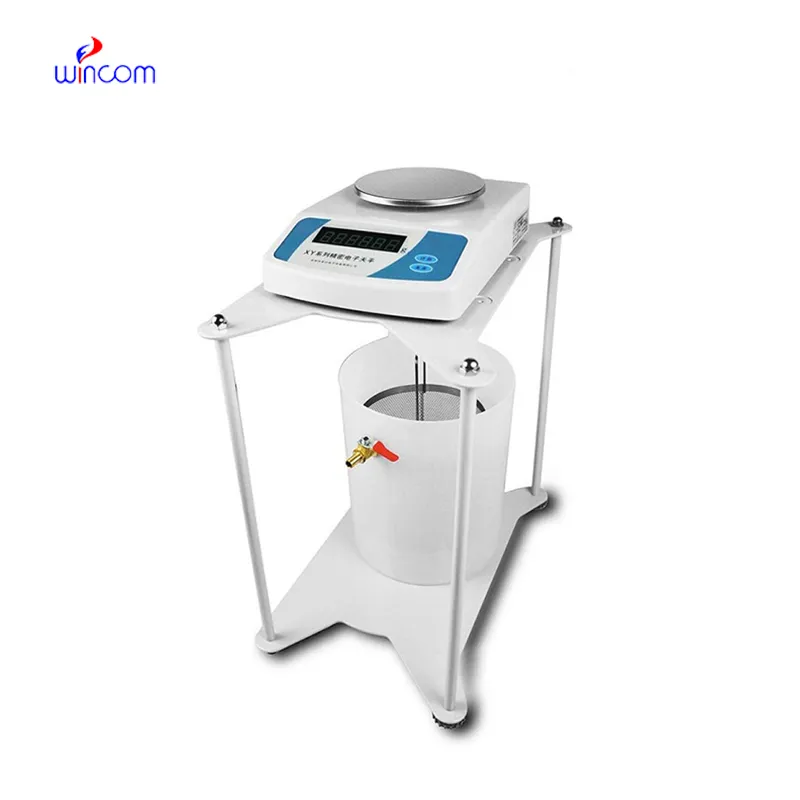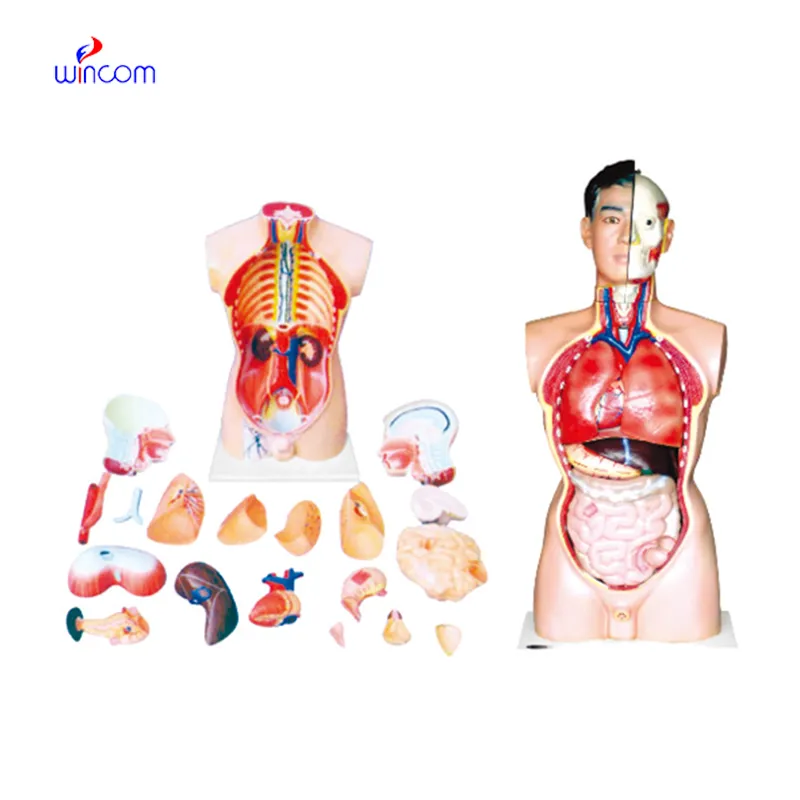
Developed from the use of sophisticated superconducting magnets, the mri machine vs ct machine produces stable magnetic fields that create clear and unblurred images. Patient comfort during scanning is provided with noise reduction systems in the mri machine vs ct machine. Automated positioning and high-speed data acquisition functions are included in the mri machine vs ct machine to provide an effective workflow in clinical settings.

In musculoskeletal medicine, the mri machine vs ct machine is employed to diagnose ligament ruptures, cartilage lesions, and bone marrow disease. It provides high-contrast images enabling clinicians to pre-plan treatment of degenerative disease and sport injury. The mri machine vs ct machine provides accurate visualization of muscles, tendons, and joint structures without invasive procedures.

Future development of the mri machine vs ct machine will be directed towards hybrid imaging systems that combine MRI with another modality such as PET or ultrasound. Combining them will provide us with information in more than one dimension regarding structure and function. The mri machine vs ct machine will be a key tool for precision diagnosis and personalized treatment planning.

To maintain the mri machine vs ct machine in working condition, staff should clean the patient table, coils, and bore space on a regular basis. The cryogenic system of the machine should be filled and inspected to prevent magnet quenching. The mri machine vs ct machine also need to be protected from power surges with specialized electrical stabilizers.
The mri machine vs ct machine combines magnetic and radiofrequency technologies to produce accurate and high-resolution images of the human body. The mri machine vs ct machine is widely used to diagnose vascular disease, musculoskeletal injuries, and neurological disorders. The mri machine vs ct machine enhances clinical decision-making because it produces detailed information about the internal processes of the body.
Q: What are the main components of an MRI machine? A: The main components include a superconducting magnet, radiofrequency coils, gradient coils, a patient table, and a computer system for image reconstruction. Q: Can MRI detect early signs of disease? A: Yes, MRI can identify early changes in tissues such as inflammation, lesions, and tumors, allowing for timely diagnosis and treatment planning. Q: Why is it important to stay still during an MRI scan? A: Movement during scanning can blur the images, making it harder to capture accurate details. Patients are asked to remain still to ensure sharp, diagnostic-quality images. Q: Are MRI scans painful or uncomfortable? A: MRI scans are painless, but some patients may experience discomfort from lying still or hearing loud scanning noises, which can be reduced using ear protection. Q: Can MRI be used for cardiac imaging? A: Yes, MRI is commonly used to evaluate heart function, blood flow, and structural abnormalities without invasive procedures or ionizing radiation.
The delivery bed is well-designed and reliable. Our staff finds it simple to operate, and patients feel comfortable using it.
The centrifuge operates quietly and efficiently. It’s compact but surprisingly powerful, making it perfect for daily lab use.
To protect the privacy of our buyers, only public service email domains like Gmail, Yahoo, and MSN will be displayed. Additionally, only a limited portion of the inquiry content will be shown.
We’re interested in your delivery bed for our maternity department. Please send detailed specifica...
I’m looking to purchase several microscopes for a research lab. Please let me know the price list ...
E-mail: [email protected]
Tel: +86-731-84176622
+86-731-84136655
Address: Rm.1507,Xinsancheng Plaza. No.58, Renmin Road(E),Changsha,Hunan,China